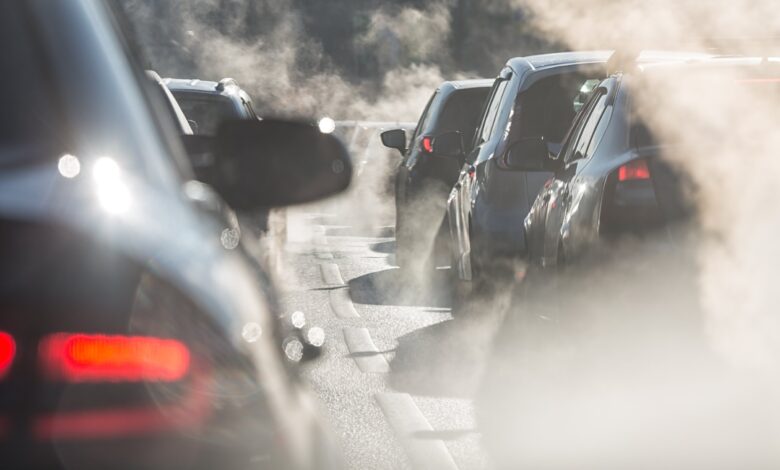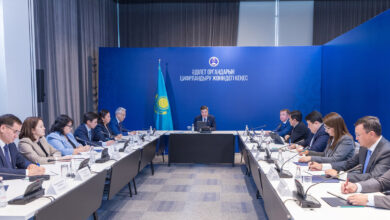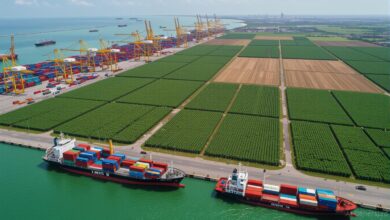
Uzbekistan, grappling with severe environmental challenges, particularly concerning air pollution, is considering a controversial move to ban the operation of cars manufactured before 2010. The country’s Ministry of Ecology has introduced several proposals to combat environmental issues, but concerns have emerged regarding the feasibility and equity of these measures, TuraNews.kz reports.
The suggested ban on vehicles predating 2010 appears as a radical and potentially unfair measure. Such a restriction could pose significant challenges for numerous owners of older vehicles, who may find it financially burdensome to replace their cars with newer models. This prohibition, if implemented, would notably impact the economically disadvantaged segments of the population, for whom older vehicles represent the most affordable mode of transportation.
Questions surrounding the validity of the Ministry of Ecology’s proposal have been raised, as a vehicle’s adherence to environmental standards may not solely hinge on its manufacturing year. Many older cars operate on natural gas, considered a cleaner fuel than gasoline. The proposal seems to overlook such factors, potentially jeopardizing the mobility and economic well-being of a large portion of the population.
Additionally, the contemplated ban on AI-80 gasoline raises eyebrows due to potential fuel shortages. While aimed at enhancing air quality, such a prohibition, without adequate infrastructure and alternative provisions, may result in severe fuel scarcities, particularly in regions with limited access to cleaner fuel.
Though restricting heavy vehicle traffic during peak hours in the capital, Tashkent, could contribute to reduced congestion and pollution, it may adversely affect the city’s economy. Potential complications in logistics and goods delivery might lead to delays and increased costs for goods and services.
The proposal for odd-even day driving restrictions, a common practice in various global cities, may face challenges in Uzbekistan. Effective implementation necessitates careful planning and robust communication campaigns to ensure compliance.
While creating car-free zones in city centers can positively impact the environment, it requires an efficient public transport system to maintain accessibility and citizen mobility. Shifting public transport to alternative fuels is commendable, but it demands substantial investments in infrastructure and workforce training.



